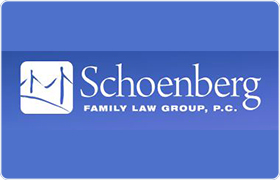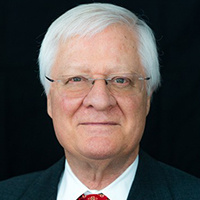San Francisco Divorce & Family Law Lawyer, California
Sponsored Law Firm
-
 x
x

Click For More Info:
-
Schoenberg Family Law Group, P.C.
575 Market St Suite 4000 San Francisco, CA 94105» view mapDivorce & Family Law Over 30 Years of Experience
Schoenberg Family Law Group, P.C., recognizes that family law matters involve complex, sensitive issues that can have a lasting impact on you and your family.
800-781-8440
Debra R. Schoenberg
✓ VERIFIEDDebra Schoenberg's long and distinguished career has been exclusively dedicated to the practice of family law. More than 20 years ago, she established... (more)
Flavio R. B. Carvalho
✓ VERIFIEDI received my J.D. from JFK University School of Law and, before that, an M.A. in Biblical Studies from Fuller Theological Seminary. I have devoted my... (more)
Michael Byron Cohen
✓ VERIFIEDPersonal Injury, Business, Civil Rights, Real Estate, Family Law
Lawrence William Thorpe
✓ VERIFIEDLarry is a family law specialist, certified by the California Board of Legal Specialization, with the highest rating by Martindale-Hubbell as AV-Preem... (more)
Joel Hillson Tranter
✓ VERIFIEDI practice family law for the opportunity to support people through difficult times and circumstances. It’s as simple as that: I want to help people... (more)
 Debra Schoenberg San Francisco, CA
Debra Schoenberg San Francisco, CA AboutSchoenberg Family Law Group, P.C.
AboutSchoenberg Family Law Group, P.C. Practice AreasExpertise
Practice AreasExpertise





